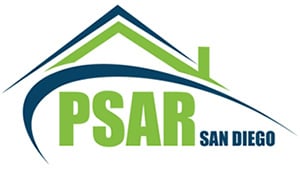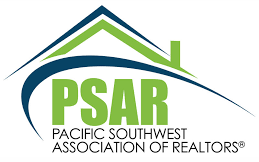Clean listing data is an important CRMLS benefit; with a regulated, level playing field, agents can all do better business.
San Diego Paragon: Violations That Do Not Require a WarningThis list of violations, if committed, may lead to a fine without a warning. These violations cannot be corrected, may give a violator an unfair marketing advantage, or egregiously violate San Diego Paragon rules and/or state or federal law.
CRMLS Matrix: Violations That Do Not Require a Warning
For those of you who use Matrix, please also familiarize yourself with this list of Matrix-specific violations that may lead to a fine without a prior warning.
Citation Notices, Fines, and the Citation Review Process
This is the Citation Review Process. (Pro Tip: make sure to correct the violation as soon as possible to prevent issuance of additional citations.)
California Regional MLS Compliance Center
CRMLS has developed a comprehensive Compliance Center to guide agents to all the Compliance resources available. Here you will find FAQs, exclude a listing from the MLS, chat with a CRMLS Compliance Analyst, or learn more about CRMLS Rules and Regulations.
Bookmark the links above and visit crmls.org/compliance for compliance questions.




